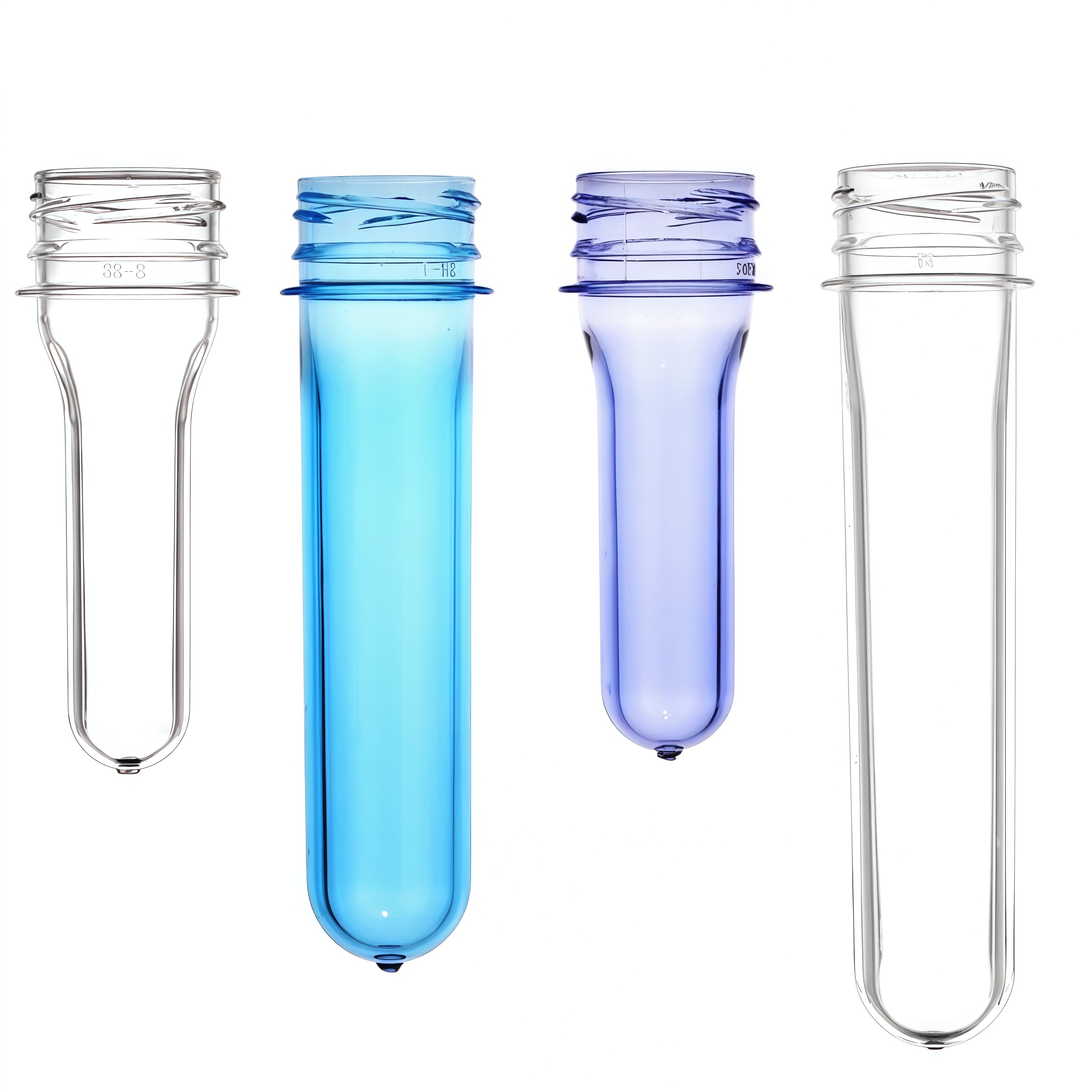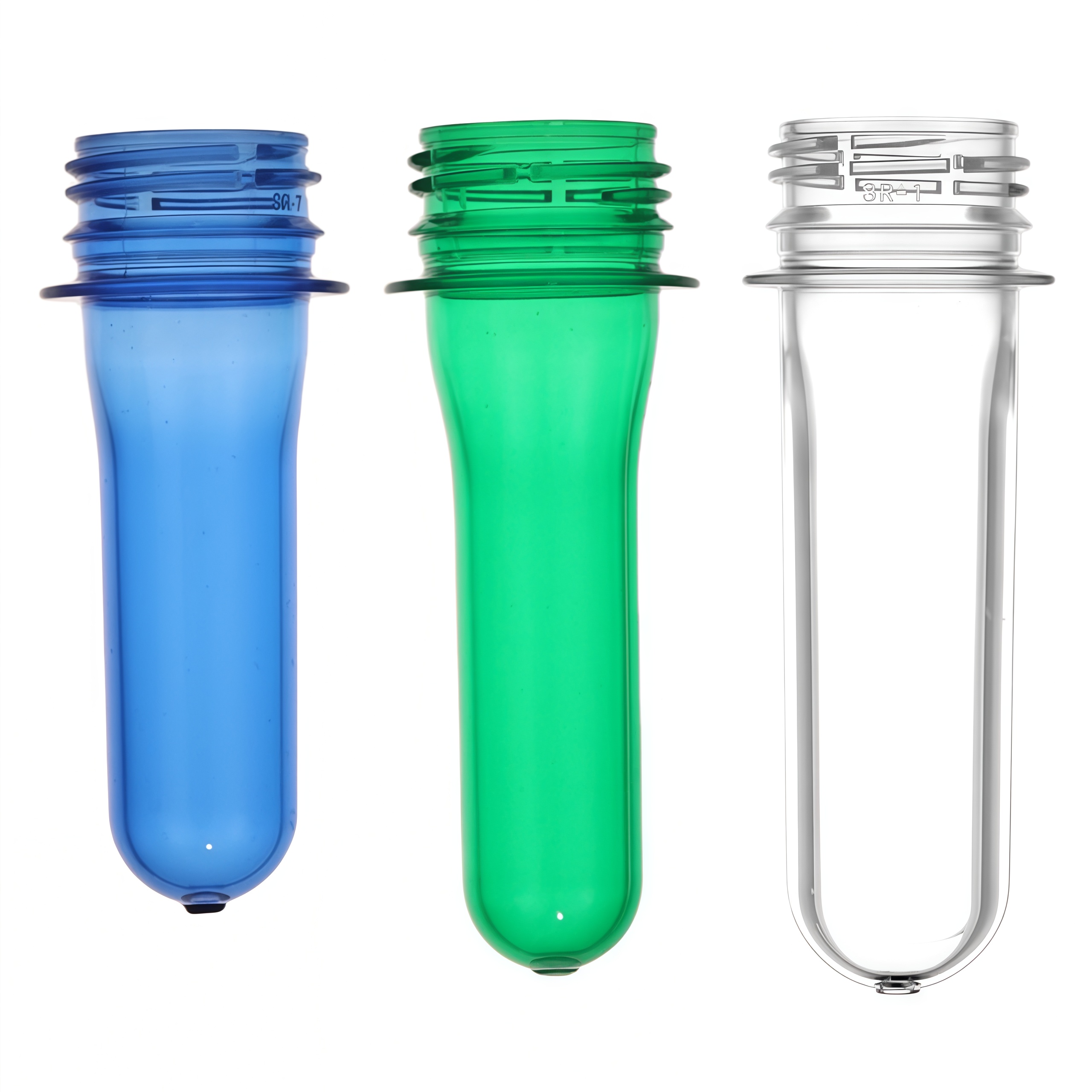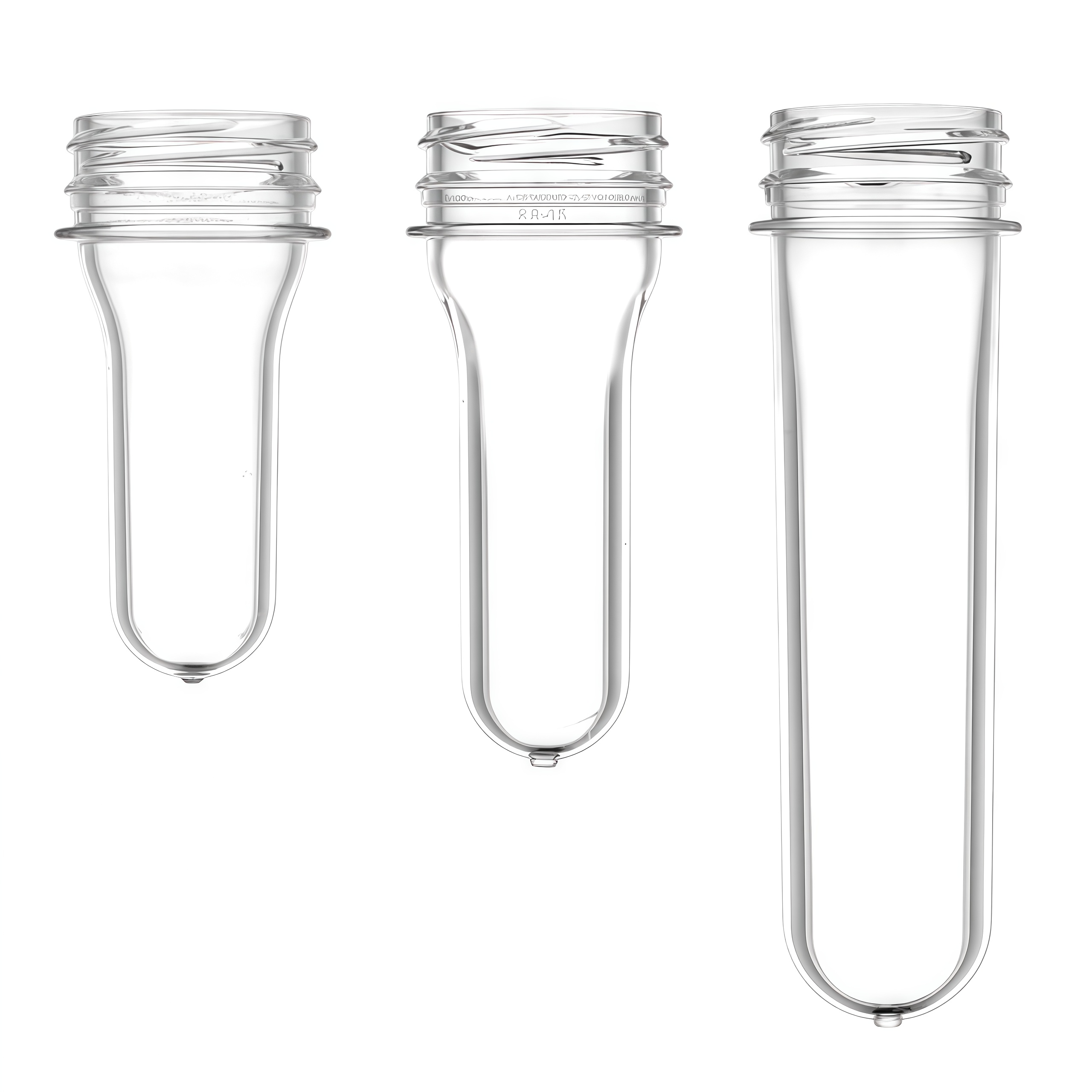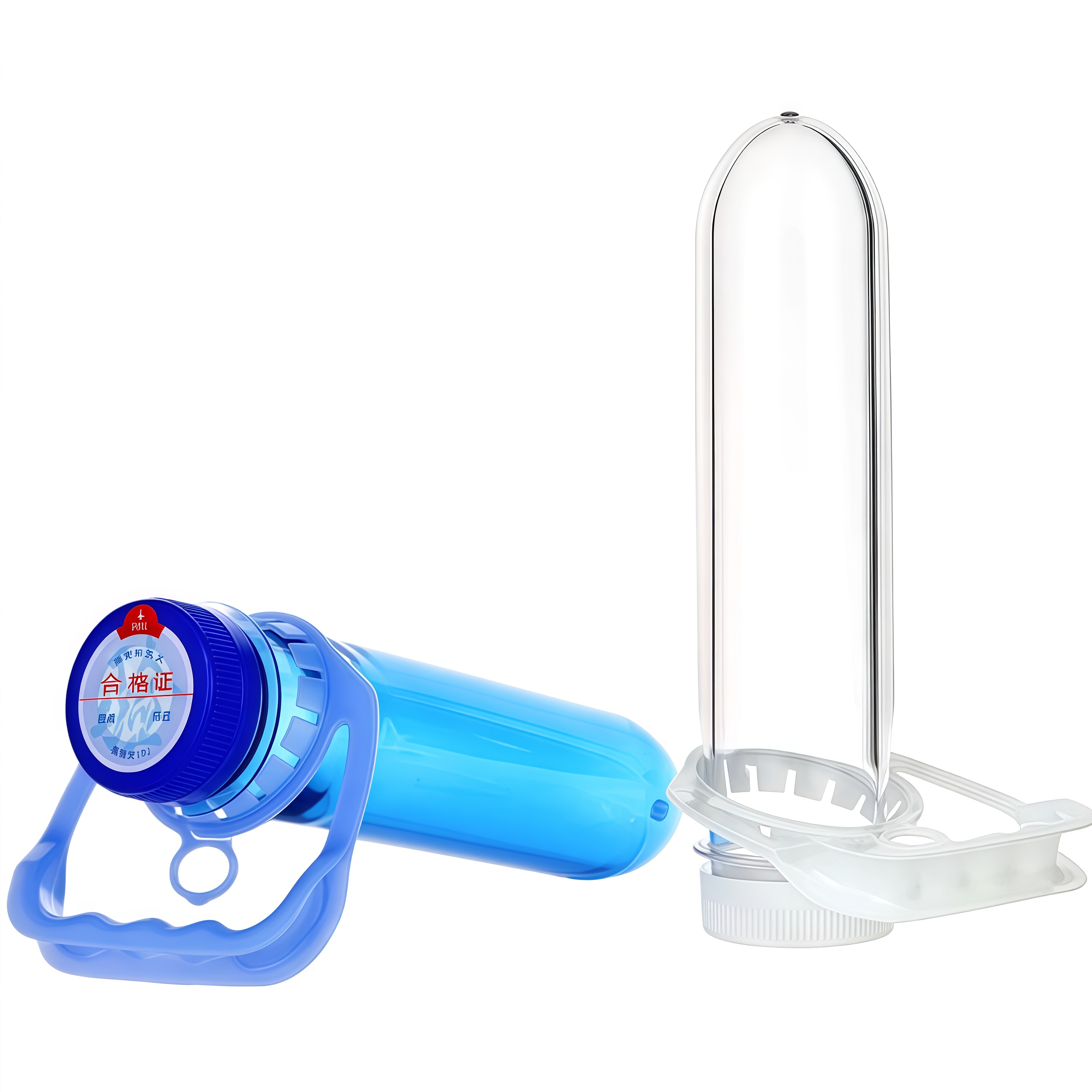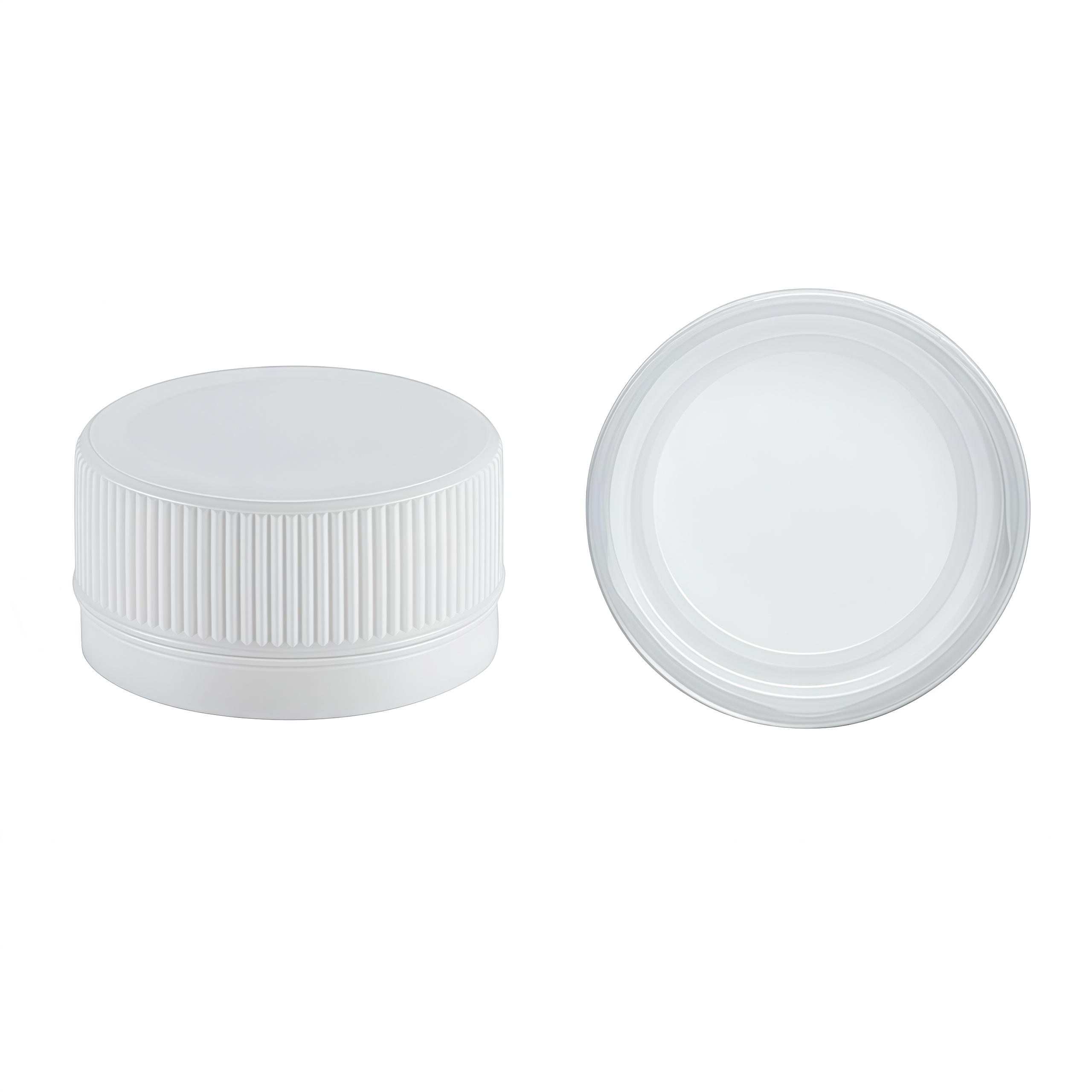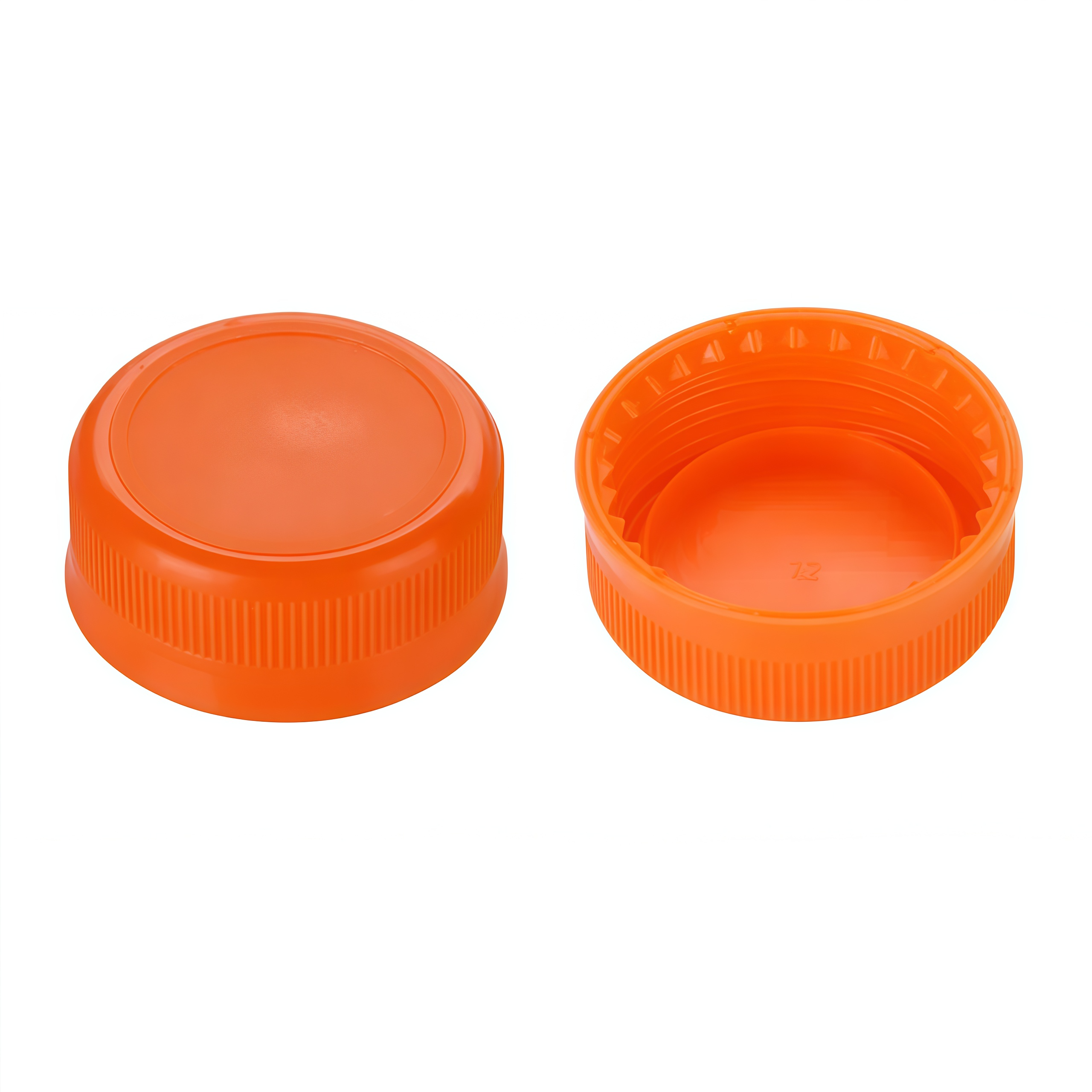Understanding Cap Compatibility and Closure Options for Standard 38mm PET Preforms
When it comes to bottle packaging, the 38mm bottle mouth isn’t just a dimensional specification—it represents a practical standard that directly influences the compatibility and efficiency of the entire packaging system. For manufacturers working with 38mm PET preforms, choosing the right closures and caps is more than an afterthought; it’s a critical decision that affects product integrity, user experience, and production efficiency. With the 38mm neck being widely used across food, beverage, and personal care industries, understanding its closure ecosystem is essential for achieving optimal performance and cost-effectiveness.
One of the primary advantages of the 38mm neck is its versatility. It supports a wide range of cap types including screw caps, flip-top lids, and sport closures, each suited to different product needs. For example, beverage manufacturers often prefer 38mm screw caps for their strong sealing capabilities, which are especially important in carbonated drinks or liquids that require extended shelf life. Meanwhile, health and wellness brands frequently choose flip-top variants that enhance one-handed operation and improve hygiene during repeated use. These closure choices are readily available due to the widespread use of 38mm PET preforms, which helps streamline sourcing and reduces lead times.
The precision of the neck finish on 38mm PET preforms plays a major role in cap compatibility. A properly molded thread profile ensures reliable sealing and consistent torque performance during capping. This directly reduces the risk of leaks, contamination, or cap misalignment, which can lead to consumer dissatisfaction or costly recalls. Manufacturers benefit from standardization, as cap suppliers around the world design their closures to fit the 38mm neck finish with high accuracy. This global availability of compatible components makes the 38mm format a practical and scalable choice for large-volume production lines.
Another often-overlooked aspect is the impact of cap and neck compatibility on automated capping machinery. Bottling lines are sensitive to dimensional tolerances, and mismatched caps can cause jams or inconsistent torque application. By selecting closures specifically designed for 38mm PET preforms, brands can maintain production efficiency and minimize equipment wear. In high-speed environments where throughput is critical, this level of reliability contributes directly to operational stability and cost control. It also supports more sustainable production by reducing waste and rework.
The 38mm mouth also allows for additional value-added features at the closure level. Tamper-evident bands, induction seals, and custom embossing or printing can be seamlessly integrated into caps without modifying the preform design. This gives brands the flexibility to enhance product security and elevate visual appeal, all while maintaining a standard bottle mouth that supports logistics and tooling uniformity. For marketing teams, it’s an easy win—offering unique branding opportunities without the cost burden of custom neck tooling.
In the context of export, working with a globally recognized format like 38mm PET preforms simplifies international packaging compliance. Since the format aligns with numerous regulatory standards and existing filling equipment, it reduces the risk of delays or compatibility issues in overseas markets. For suppliers like us, who serve clients across diverse industries and geographies, this standardization allows us to deliver flexible yet consistent solutions that scale with your business.
Overall, choosing 38mm PET preforms not only provides ergonomic benefits for end users but also supports a robust and flexible cap and closure ecosystem. Whether you are launching a new product line or optimizing an existing one, the 38mm system offers a balance of function, efficiency, and market readiness that makes it a smart, future-proof investment.



 English
English